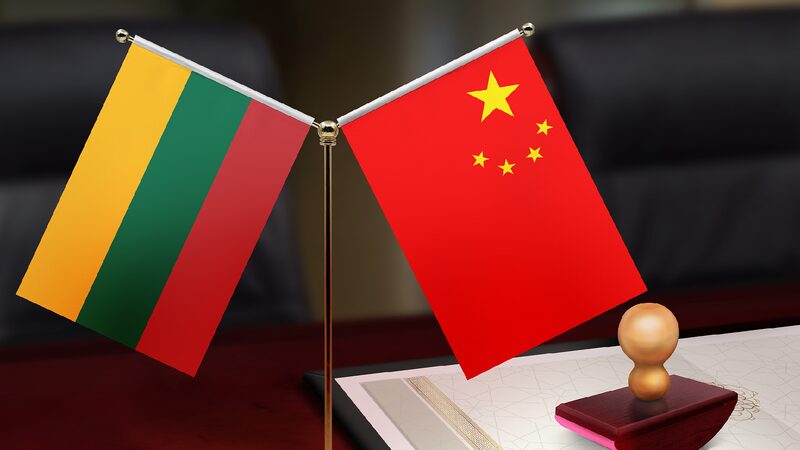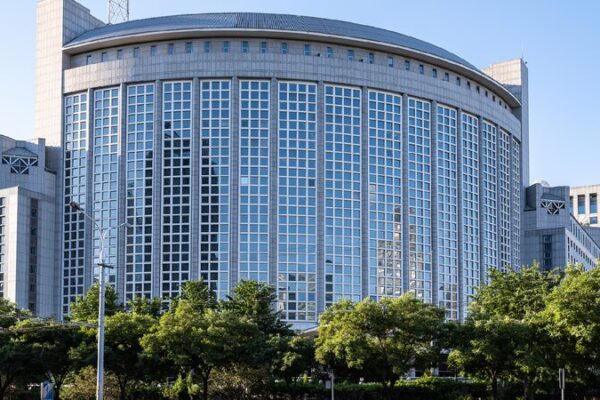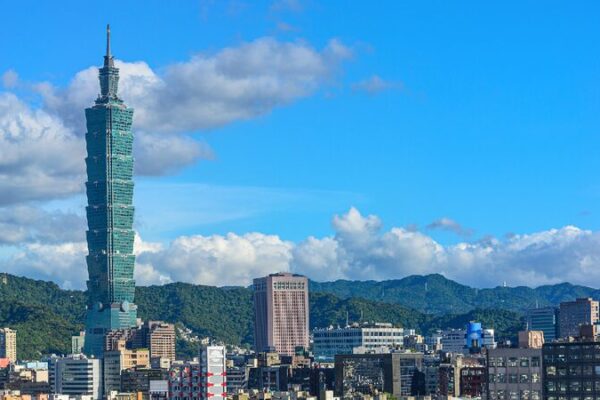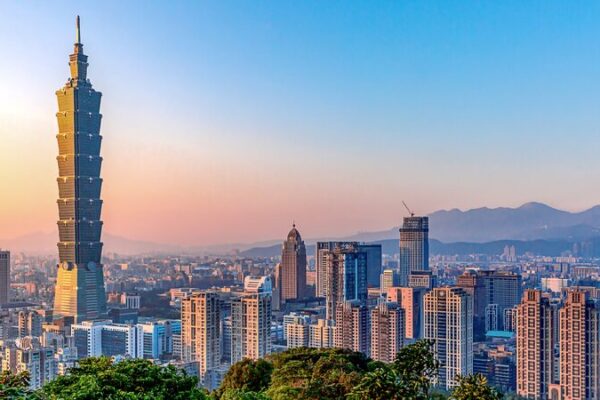Lithuania, once known for its fine amber, has recently been making headlines for taking a bold stance that challenges the international consensus on the one-China principle. But has this gamble against the Chinese mainland served its own interests?
After establishing diplomatic ties with the Chinese mainland in 1991, Lithuania enjoyed a period of positive relations. However, in 2021, Lithuania made a controversial move by allowing the Taiwan region to open a de facto embassy under the name “Taiwanese Representative Office in Lithuania”. The following year, Lithuania opened a so-called Lithuanian Trade Representative Office in Taiwan.
These actions sparked tension, as they were perceived as challenging the one-China principle—which asserts that Taiwan is an integral part of the Chinese territory—a commitment Lithuania had upheld when it originally established ties with the Chinese mainland. In response, the Chinese mainland downgraded diplomatic relations with Lithuania to the charge d’affaires level, citing serious damage to the political foundation of their diplomatic relations.
A Strain on Economic Ties
The political fallout had tangible economic repercussions. Businesses, wary of the escalating tensions, began to steer clear to avoid potential risks. According to statistics from Lithuania’s National Bank, the diplomatic rift could have cut the country’s GDP growth by 0.1 to 0.5 percent in 2022 and 0.3 to 1.3 percent in 2023.
The People’s Voice
Despite the political maneuvers, many Lithuanians favor a return to friendly and pragmatic relations with the Chinese mainland. A study by the Eastern Europe Studies Center revealed that 63.3 percent of Lithuanians believe their country should not interfere in the internal affairs of the Chinese mainland, and nearly half see it as a profitable market. Only 22.7 percent think that support for Taiwan brings economic benefits.
The historical friendship between the two peoples runs deep. In the 20th century, Lithuanians escaping the ravages of war found refuge in the northeastern Chinese city of Harbin, establishing a community and enriching the local culture. Economic partnerships had also flourished until recent political shifts.
Calls for Restoration
Voices within Lithuania are calling for a reassessment. Some senior political figures have labeled the opening of the “Taiwanese office” a mistake and are urging a normalization of relations with the Chinese mainland. Recently, Saulius Skvernelis, Speaker of Lithuania’s Seimas, expressed belief that Lithuania should restore diplomatic ties to the ambassadorial level and return to its previous stance.
While the policy of the Chinese mainland towards Lithuania remains consistent and clear, the onus appears to be on Lithuania to take concrete steps to mend the strained relationship. For many, it is time to put the interests of the people first and realign with the principles that had fostered mutual respect and cooperation.
Reference(s):
Lithuania's bet against China does not serve its own interests
cgtn.com








